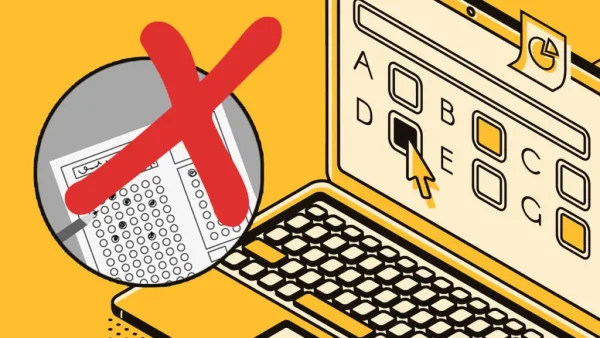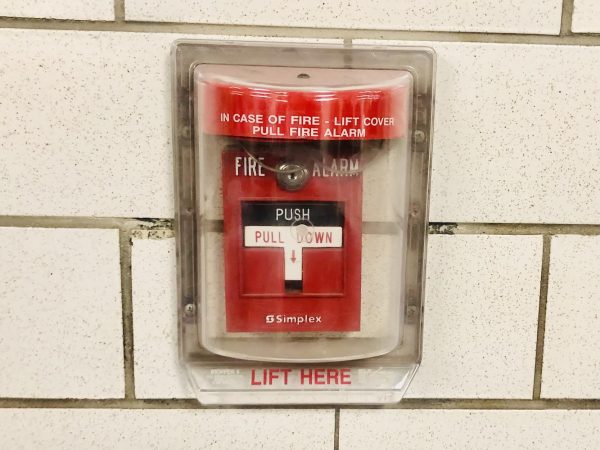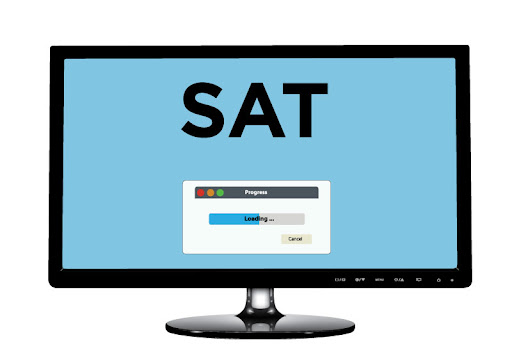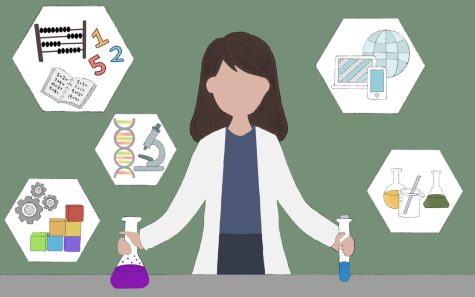Steer Clear of Processed Foods
March 15, 2022
What’s your favorite snack? According to The New York Times, 34.3 percent of teens and adolescents snack on junk food, and two-thirds of them consume at least 25 percent of their calories from processed foods. Processed foods are items that have been altered during preparation that include unhealthy ingredients like salt, sugar, artificial flavorings, and preservatives.
We see processed foods advertised as delicious and appealing. For example, Mcdonald’s ads, crispy, mouthwatering McChickens are associated with their logo, “I’m Lovin’ It.” Because of this, we associate catchy, positive slogans with tasty foods without understanding the extensive negatives of consuming high quantities of processed foods or how prevalent they are in our daily lifestyles.
Personally, I enjoy devouring vending machine snacks at school, and many of us consume items like PopTarts, Lays Chips, or Coke almost daily. Processed foods are becoming increasingly widespread in high schools with vending machine additions and unhealthy school lunch options. However, a diet composed of these foods can lead to significant health risks later on in life, such as obesity and high blood pressure.
According to Live Hard, unhealthy school lunches contribute to obesity in children across the nation. A child who eats too much fat, sugar, sodium or processed snacks and meals will also have too few vitamins and minerals. Because of this, they increase their risk of chronic health problems like diabetes, kidney stones, bone loss, cancer, and heart disease. A 2012 article written by registered dietitian Timi Gustafson states that consuming less essential nutrients from these meals can lower kids’ IQ scores, memory capability, motor skills, social development, and language skills into adulthood.
To promote healthier eating, Congress in 2010 passed the Healthy, Hungry-Free Kids Act (HHFKA). It requires school meals (breakfast and lunch) to include 51 percent whole grains, increases the number of fruits and vegetables offered to students, restricts saturated fats to less than 10 percent of meal calories, and only allows skim or 1 percent milk to be served. Many high schools try to follow these regulations, but processed foods are still easily accessible and appealing to myself and other high school students.
Although processed food consumption causes significant health risks, eating junk food you enjoy once in a while won’t necessarily be harmful. I have learned that eating my favorite treats in moderation can help me stick to healthier eating long-term. I enjoy consuming sugary desserts and snacks on holidays and special occasions. Most days, I try to consume healthier alternatives to unhealthy cravings. For example, if you are looking for a side to your school lunch, pick up an apple instead of a PopTart. Additionally, try changing your diet to include various dairy, fruits, and vegetables for healthy snacking.
There are many ways to avoid the risks of consuming too many processed foods. To start, carefully read the nutrition labels of any processed food you are eating. Chances are, the percentages of saturated fats, sugar, and sodium will surprise you. When grocery shopping, look for healthier alternatives to processed snacks you love, ones that include whole grains and essential vitamins.
If you are looking to reduce the amount of junk food you consume daily, you can plan your snacks and drinks, base meals around protein, eat a balanced breakfast, and keep less unhealthy food options in your house.
You can plan your snacks by thinking before you eat or drink. Find foods that will benefit your body rather than harm it. As for drinks, I like to carry a water bottle around so you can avoid unnecessarily consuming soda or energy drinks whenever you are thirsty. Additionally, including protein in all your meals (such as chicken, legumes, eggs, etc.) will help you feel full for longer, allowing you to resist unhealthy cravings. Another great tactic to limit processed food cravings involved eating a nutritious breakfast such as eggs, a smoothie, oatmeal or whole-grain toast. If nothing else seems to work for you and your lifestyle, my favorite way to avoid processed food is by buying less of it from the store. Instead, look for healthier alternatives. This way, you won’t be tempted to consume processed foods. Because of this, you will likely consume much more nutritious food options.
By avoiding eating processed foods, you can reduce chronic diseases and health risks to allow your body to function properly and actively. For high school students, implementing healthier eating habits will provide your body with the nutrients it needs to keep you strong and energized, allowing you to live a longer, healthier life and make the most out of each day.












